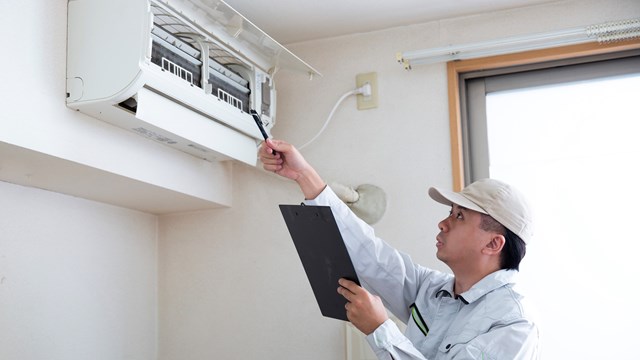
Getting on a condo or a co-op board requires a significant investment "“ both in time and sweat equity. As president of a Greenwich Village co-op board, I can attest firsthand to the labors involved. Rarely does a day pass when I don't receive a call from a shareholder who wants to ask a question, complain about a neighbor or discuss a pending issue. But to me, it's all worth it, for we board members are watching over and enhancing the values of our most important asset - our homes.
A co-op or condo board generally seeks someone whose occupational skills can benefit the board. These people can be real estate brokers, accountants, architects, construction engineers and business owners with good negotiating skills. But if you're simply a resident with good ideas, you usually can get on a board too - if you do your homework.
People usually want to join a co-op board for two main reasons:
- They want their opinions heard
- They want to add value to their building.
Although a board exercises firm control over budgetary matters, anyone can bring about improvements to their building. In fact, such action often proves the ticket to an eventual board seat.
When moving into a new building, you should wait at least one to two years before attempting to earn a seat on the board. In fact, most buildings maintain a one-year residency rule. But before you attempt to join the board, you can and should get to know your board members, house rules and the building's financial picture.
You should always attend the co-op or condo's annual board meetings, participate in committee meetings and volunteer to help wherever needed. Some boards technically close monthly meetings to non-members, but most board members will appreciate your interest and will remember it when a board seat opens.
Meanwhile, there are many different ways you can add value to your building without being on the board. Board members love a shareholder who finds creative ways to make a building more attractive. Shortly after moving into my building, I started a children's reading group, making more use of an underutilized area of the lobby that a former board member thought would make a great library. A group of us also organized to obtain a defibrillator (AED) machine for the concierge desk. In case a resident suffers a heart attack, the concierge is equipped with a list of residents who know how to use the machine to revive the victim. Although we haven't yet had to use the machine, our concierge staff is prepared to call one of us at a moment's notice, after first calling 911.
Our board also holds annual toy drives during the holidays to benefit the Children's Aid Society. These drives include a Christmas tree lighting ceremony and caroling by Children's Aid Society youngsters. These warm-hearted touches make any building more attractive.
If you're in a building with homebound or elderly residents, compiling a "caring community" group of volunteers is a great idea. In the event of an emergency, such as the Blackout of 2003, volunteers check in on these residents to ensure their safety and comfort. Last year, our "Neighbors Helping Neighbors" group proved particularly useful when our building was temporarily left without heat during one of the coldest winters on record. One resident recently had undergone heart surgery and desperately needed heat. We were able to promptly obtain a space heater for her, thanks to our volunteers.
Allowing residents to offer services via a classified ad-type method is another great idea. Our building maintains a bulletin board containing all types of small ads. For example, some young residents offer to walk dogs and feed cats while residents are away. We also offer a valet dry cleaning service from our basement and provide storage lockers to residents, as well as a bicycle storage room. Finally, we maintain a frequently updated Web site with our building's information, including financial reports and a detailed history of the neighborhood. All these perks might seem small by themselves, but each makes the property much more desirable.
At our board meetings, we usually advise shareholders in advance when vacancies arise on the board. Those interested in being elected to serve are generally instructed to send a one-page resume detailing their backgrounds and what they can add to the board. At this stage, shareholders are most interested in hearing candidates' goals. If your goals are popular, shareholders will vote for you.
The most important qualities on a co-op or condo board are smart management, common sense and good ideas. You should acquire your smarts before you join the board. For instance, know the shareholders from the rental tenants and understand that the board is not responsible for tenant issues. Instead, direct the tenant toward building management or his or her landlord.
If you're fortunate enough to be elected to a board, don't just talk a good game. Take action on your proposed improvements. A shareholder or condo owner who rolls up his or her sleeves and gets involved will always command the most respect.






Leave a Comment